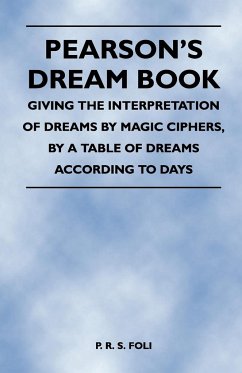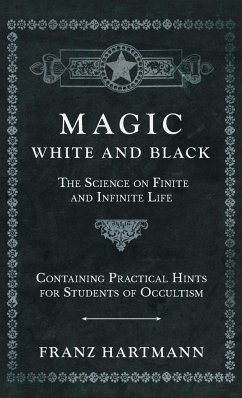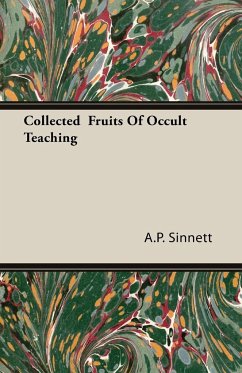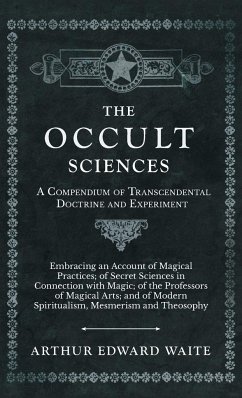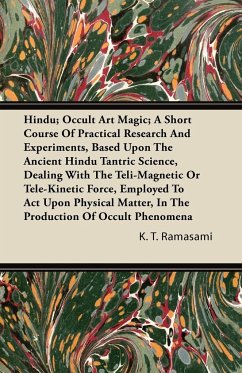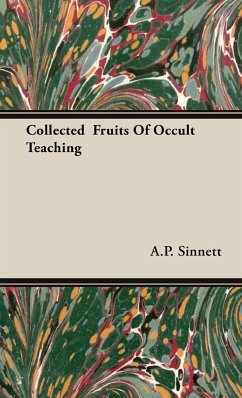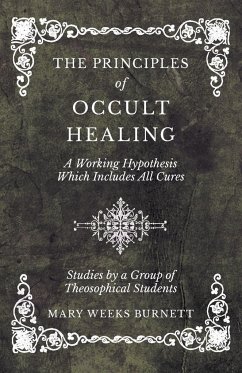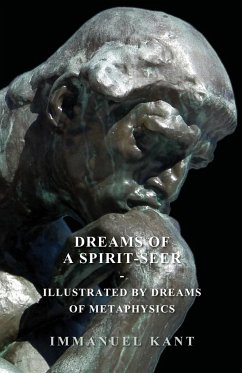
Dreams of a Spirit-Seer - Illustrated by Dreams of Metaphysics
Versandkostenfrei!
Versandfertig in 1-2 Wochen
27,99 €
inkl. MwSt.

PAYBACK Punkte
14 °P sammeln!
This vintage book contains Immanuel Kant's treatise, "Dreams of a Spirit-Seer - Illustrated by Dreams of Metaphysics". This fascinating volume is highly recommended for students of philosophy, and is not to be missed by the discerning collector of such literature. It has mystified readers since its first publication, with many seeing it as a skeptical attack on Emanuel Swedenborg's writings. Other critics, however, believe that Kant regarded Swedenborg as a serious philosopher, hiding his substantial intellectual debt behind the strange prose of this work. Contents include: "Recent Discussion ...
This vintage book contains Immanuel Kant's treatise, "Dreams of a Spirit-Seer - Illustrated by Dreams of Metaphysics". This fascinating volume is highly recommended for students of philosophy, and is not to be missed by the discerning collector of such literature. It has mystified readers since its first publication, with many seeing it as a skeptical attack on Emanuel Swedenborg's writings. Other critics, however, believe that Kant regarded Swedenborg as a serious philosopher, hiding his substantial intellectual debt behind the strange prose of this work. Contents include: "Recent Discussion of the Relation of Kant to Swedenborg", "Dreams of a Spirit-Seer, Illustrated by Dreams of Metaphysics-A Preface: Which Promises very little for Discussion", "Which is Dogmatic", "A Complicated Metaphysical Knot, which can be untied or cut according to choice", etcetera. Immanuel Kant (1724- - 1804) was a famous German philosopher. He is widely hailed as one of the most important figures of modern philosophy. Many antiquarian texts such as this are becoming increasingly rare and expensive, and it is with this in mind that we are republishing this volume now in an affordable, modern, high-quality edition. It comes complete with a specially commissioned new biography of the author.




